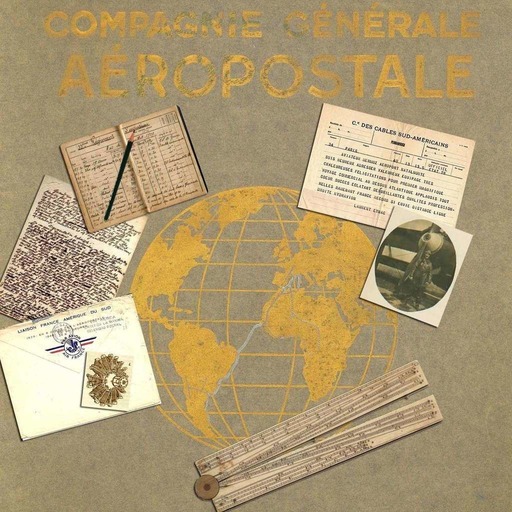Melvyn Bragg and guests discuss the Hanseatic League or Hansa which dominated North European trade in the medieval period. With a trading network that stretched from Iceland to Novgorod via London and Bruges, these German-speaking Hansa merchants benefitted from tax exemptions and monopolies. Over time, the Hansa became immensely influential as rulers felt the need to treat it well. Kings and princes sometimes relied on loans from the Hansa to finance their wars and an embargo by the Hansa could lead to famine. Eventually, though, the Hansa went into decline with the rise in the nation state’s power, greater competition from other merchants and the development of trade across the Atlantic.
With
Justyna Wubs-Mrozewicz Associate Professor of Medieval History at the University of Amsterdam
Georg Christ Senior Lecturer in Medieval and Early Modern History at the University of Manchester
And
Sheilagh Ogilvie Chichele Professor of Economic History at All Souls College, University of Oxford
Producer: Victoria Brignell
Reading list:
James S. Amelang and Siegfried Beer, Public Power in Europe: Studies in Historical Transformations (Plus-Pisa University Press, 2006), especially `Trade and Politics in the Medieval Baltic: English Merchants and England’s Relations to the Hanseatic League 1370–1437`
Nicholas R. Amor, Late Medieval Ipswich: Trade and Industry (Boydell & Brewer, 2011)
B. Ayers, The German Ocean: Medieval Europe around the North Sea (Equinox, 2016)
H. Brand and P. Brood, The German Hanse in Past & Present Europe: A medieval league as a model for modern interregional cooperation? (Castel International Publishers, 2007)
Wendy R. Childs, The Trade and Shipping of Hull, 1300-1500 (East Yorkshire Local History Society, 1990)
Alexander Cowan, Hanseatic League: Oxford Bibliographies (Oxford University Press, 2010)
Philippe Dollinger, The German Hansa (Macmillan, 1970)
John D. Fudge, Cargoes, Embargoes and Emissaries: The Commercial and Political Interaction of England and the German Hanse, 1450-1510 (University of Toronto Press, 1995)
Donald J. Harreld, A Companion to the Hanseatic League (Brill, 2015)
T.H. Lloyd, England and the German Hanse, 1157 – 1611: A Study of their Trade and Commercial Diplomacy (first published 1991; Cambridge University Press, 2002)
Giampiero Nigro (ed.), Maritime networks as a factor in European integration (Fondazione Istituto Internazionale Di Storia Economica “F. Datini” Prato, University of Firenze, 2019), especially ‘Maritime Networks and Premodern Conflict Management on Multiple Levels. The Example of Danzig and the Giese Family’ by Justyna Wubs-Mrozewicz
Sheilagh Ogilvie, Institutions and European Trade: Merchant Guilds, 1000-1800 (Cambridge University Press, 2011)
Paul Richards (ed.), Six Essays in Hanseatic History (Poppyland Publishing, 2017)
Paul Richards, King’s Lynn and The German Hanse 1250-1550: A Study in Anglo-German Medieval Trade and Politics (Poppyland Publishing, 2022)
Stephen H. Rigby, The Overseas Trade of Boston, 1279-1548 (Böhlau Verlag, 2023)
Justyna Wubs-Mrozewicz and Stuart Jenks (eds.), The Hanse in Medieval & Early Modern Europe (Brill, 2012) Justyna Wubs-Mrozewicz, ‘The late medieval and early modern Hanse as an institution of conflict management’ (Continuity and Change 32/1, Cambridge University Press, 2017)


 Emissions
Emissions





